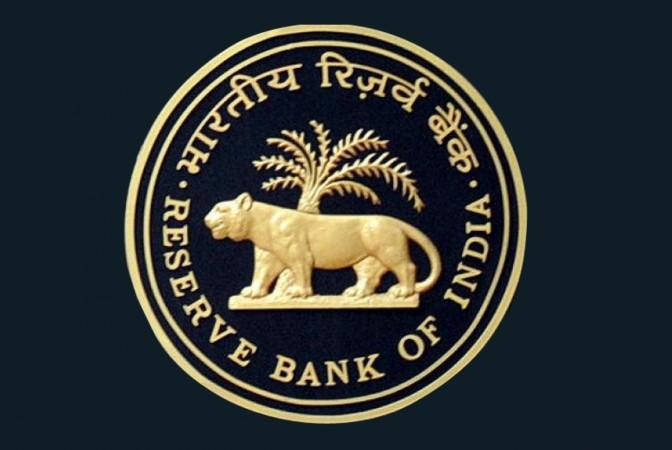
The higher pay-out from the RBI to the government could make up for its lower than expected tax collection and provide more fiscal legroom, economists said.
While it was not clear immediately if the fund transfer would be in multiple tranches, experts said that in case, it goes to the government in one go, then it will help a lot at the time of a need for higher government spending to stimulate growth.
"It all depends on how the market is going to perceive as to whether the reserves that are being retained will be sufficient enough to manage unpredicted risks and scenarios the whole Indian economy faces in future," N.R. Bhanumurthy of the National Institute of Public Finance and Policy (NIPFP) said.
"So, there are two things. There is fiscal headroom and the financial stability issue. Then, addressing the decline in tax collection and how international agencies see the whole thing," he added.
Jayati Ghosh of the Jawaharlal Nehru University (JNU) said that the transfer by the RBI means the government will have more fiscal leeway and suggests that it would give a fiscal stimulus to boost the economy.
The Central Board of the Reserve Bank of India (RBI) on Monday decided to transfer a sum of Rs 1,76,051 crore to the government, comprising Rs 1,23,414 crore of surplus for the year 2018-19 and Rs 52,637 crore of excess provisions identified as per the revised Economic Capital Framework (ECF).
Of the annual dividend amount of Rs 1,23,414 crore the RBI will transfer, Rs 28,000 crore was paid out in the interim budget in February.
"Clearly, the amount is higher than expected and with additional ECF transfer, the ammunition from tax shortfalls could be partly met, thus alleviating some of the fiscal fragilities," said Madhavi Arora, economist with Edelweiss Securities.
She said that while the mode of ECF transfer has not been mentioned, if the amount is used to simply extinguish debt on the RBI's balance sheet, it would be tantamount to reducing government's outstanding liability to that extent.
"Nonetheless, the surprise on the higher dividend transfer front should augur well both for sovereign bonds and INR in the near term," the economist said.














